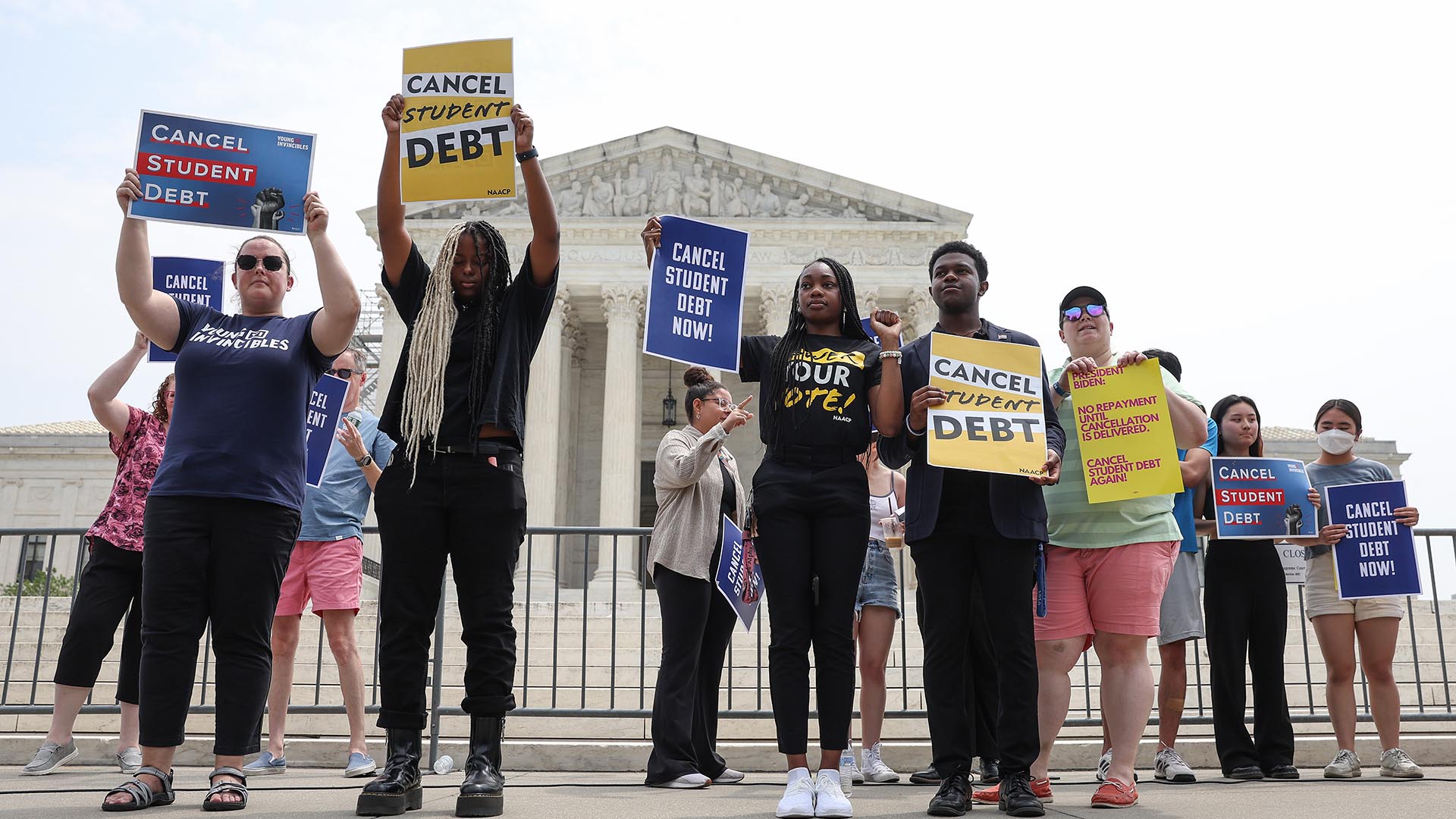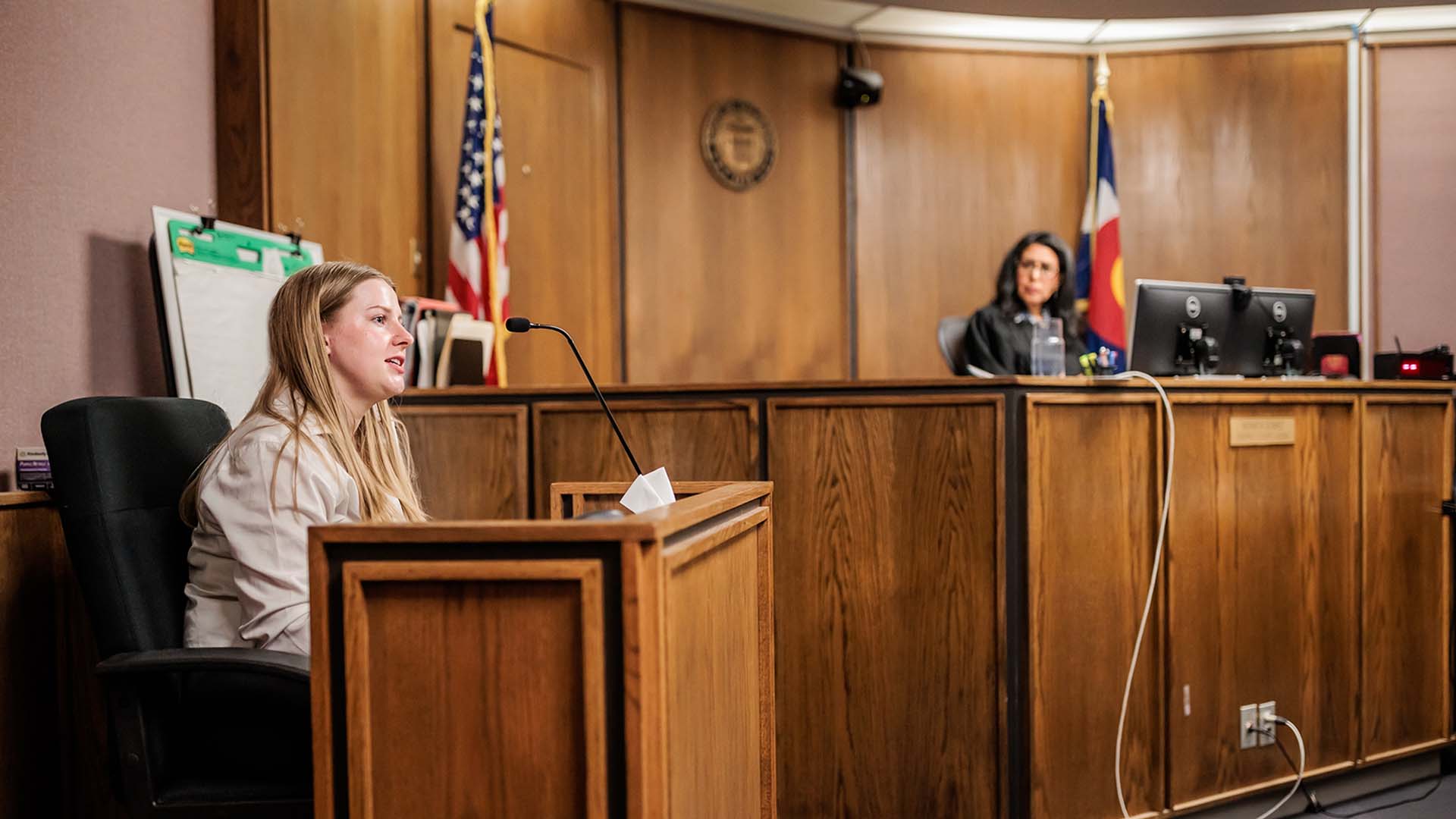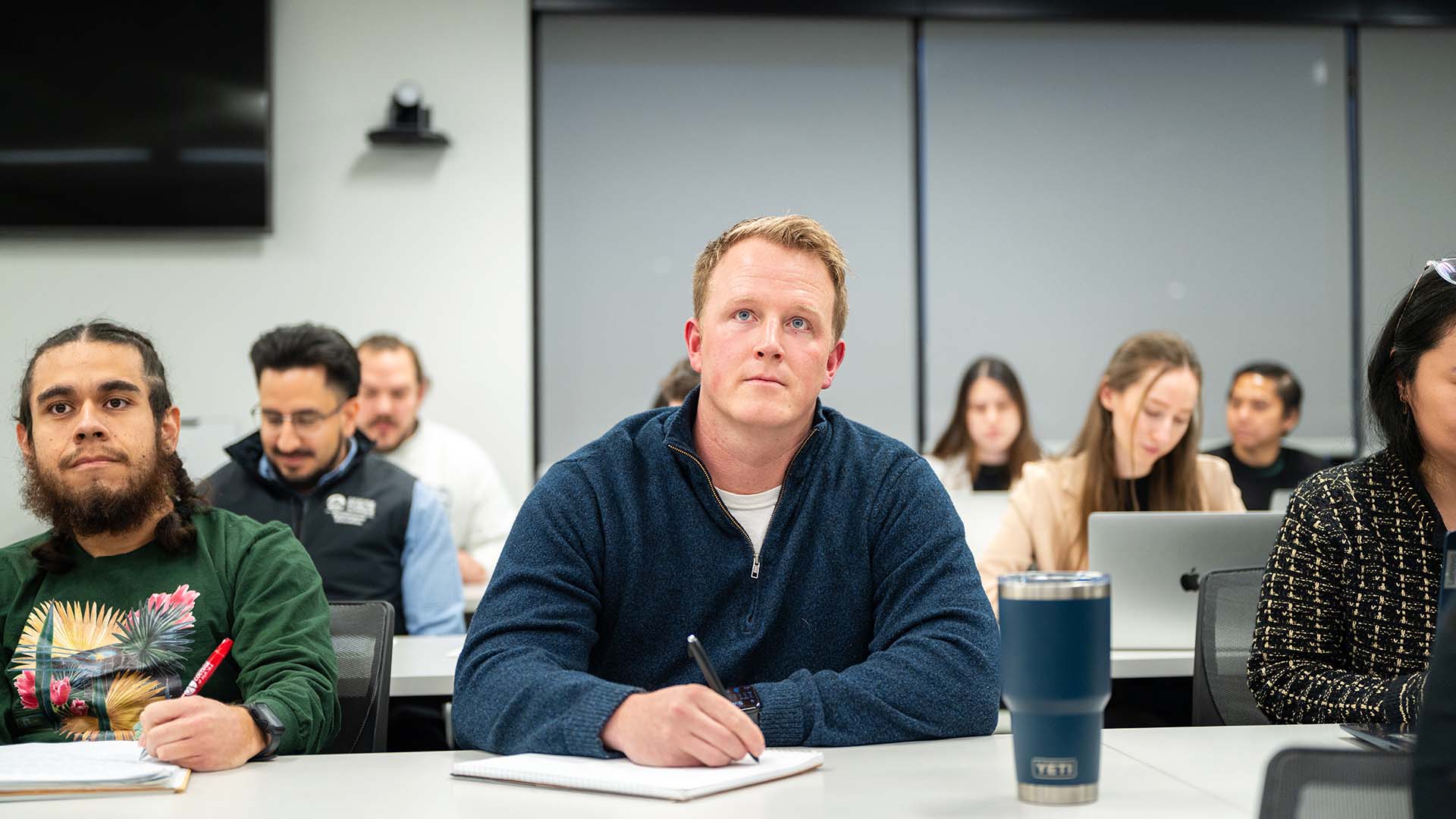In wake of SCOTUS student-debt ruling, MSU Denver doubles down on affordability
The University will continue to prioritize programs that reflect its commitment to making college degrees more accessible.

Administrators at Metropolitan State University of Denver say the U.S. Supreme Court’s ruling striking down a sweeping loan-forgiveness program has energized the University’s ongoing commitment to eliminating financial barriers to college.
The Biden administration’s plan would have completely wiped out or reduced billions of dollars in student-loan debt for about 40 million borrowers.
But in a 6-3 decision, which fell along ideological lines, the court ruled in favor of legal challenges that claimed President Joe Biden exceeded his authority in creating the $400-billion program.
Despite the court’s ruling, MSU Denver Chief Enrollment Officer Long Huynh said it’s important to keep in mind that a college degree continues to be a strong investment.
“The vast majority of student debt that you hear about in the news is driven by expensive private schools, law schools and medical schools,” Huynh said. “Getting an undergraduate degree in the U.S. is still much more affordable than most people may think. And here at MSU Denver, providing a high-value education is central to our mission.”
On average, MSU Denver students pay a net price of less than $1,200 out-of-pocket for tuition and fees each year, after accounting for scholarships and grants. And about 30% of undergraduates pay no tuition at all, thanks to University programs designed to make college more accessible and to make costs more predictable.
RELATED: Promise of free tuition aims to eliminate financial barriers to college
|
Four tips to prepare for student-loan repayments from Rey Hernández-Julián, Ph.D., MSU Denver professor of Economics and Finance: 1. Check in annually to see which payment plans will benefit you the most. There are many options — such as PAYE, REPAYE and SAVE — and the calculator provided by StudentAid.gov works really well. 2. The Biden administration won’t report nonpayment to credit agencies for a year. However, during that year, interest will accrue. Even if you don’t start making payments right away in October, start setting aside the full amount, so you can adjust to your new normal. You can use that amount to help if unexpected expenses arise. 3. Going back to school will allow you to delay payments for most loans. If you’re close to gaining a credential, completing your degree might be a good path. 4. If you can afford to make extra payments, assign those to the highest-interest loans first. If you don’t define how payments are allocated, they’ll be sent evenly to all loans, which doesn’t help as much. (This can also depend on your servicer.)
|
|
Huynh cited MSU Denver’s Roadrunner Promise program, which pays tuition and fees for eligible students whose fees aren’t covered by other federal, state and institutional aid and scholarship programs.
Meanwhile, the University announced last year that it would lock tuition rates for current and incoming students, providing more certainty around costs during students’ time on campus.
“We want them to know that their tuition is one cost that won’t be rising,” MSU Denver President Janine Davidson, Ph.D., said in announcing the program.
The average student debt in Colorado is about $22,000, according to the state’s Higher Education Return on Investment Report. That’s roughly equal to the difference in average annual salary between college graduates and those with a high school diploma, meaning a degree can pay for itself in a single year for many. And contrary to national trends, the average student debt in Colorado has been decreasing since 2014.
RELATED: Amid economic uncertainty, MSU Denver locks tuition
Biden announced the loan-forgiveness plan last August, and millions of people applied and were approved for relief. However, a lower court put the program on hold in November, leaving those applicants in limbo as the Supreme Court considered the case.
The high court’s ruling comes as a separate Covid-era relief program that paused repayment of federal student loans for the past three years is set to expire. Borrowers will need to resume making payments in October. College financial-aid experts are urging them to visit the Federal Student Aid web page for information on how to prepare.




